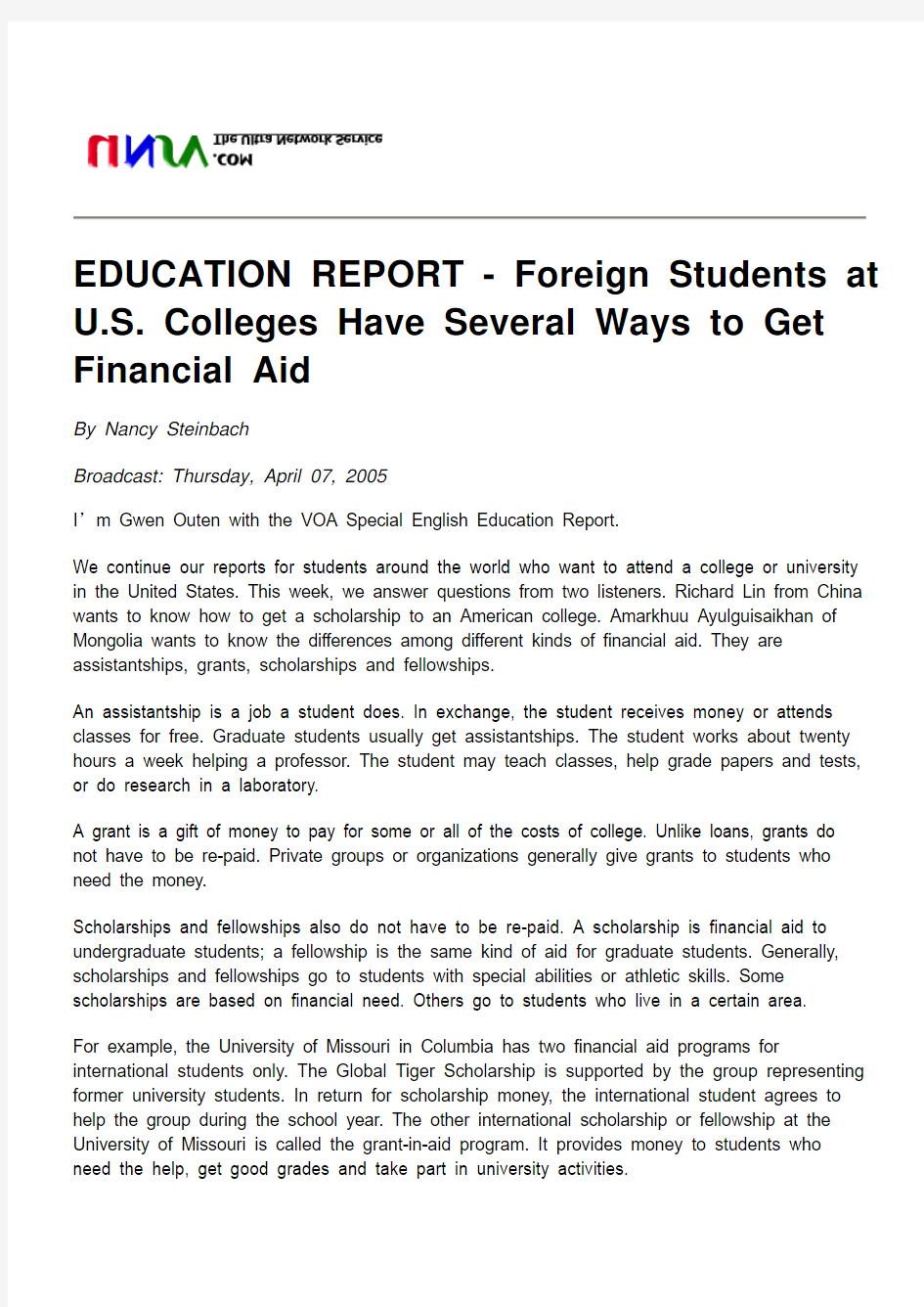### Understanding What is a FAFSA Loan: Your Comprehensive Guide to Federal Student Aid
#### What is a FAFSA Loan?The term "FAFSA loan" often refers to the financial aid options available to students who complete the Free Application for Federa……
#### What is a FAFSA Loan?
The term "FAFSA loan" often refers to the financial aid options available to students who complete the Free Application for Federal Student Aid (FAFSA). FAFSA is a critical step in the financial aid process for college students in the United States, as it determines eligibility for federal loans, grants, and work-study programs. Understanding what a FAFSA loan is and how it works can significantly impact your ability to finance your education.
#### What Types of Loans are Available Through FAFSA?
When you complete the FAFSA, you may qualify for several types of federal student loans. These include:
1. **Direct Subsidized Loans**: These loans are available to undergraduate students who demonstrate financial need. The government pays the interest on these loans while you're in school at least half-time, during the grace period, and during deferment periods.
2. **Direct Unsubsidized Loans**: Unlike subsidized loans, these are available to both undergraduate and graduate students regardless of financial need. Interest accrues on these loans while you're in school, which means you may end up paying more over time.
3. **Direct PLUS Loans**: These loans are available to graduate students and parents of dependent undergraduate students. They can help cover any remaining costs of education after other financial aid has been applied. Credit checks are required for PLUS loans, and they typically have higher interest rates compared to subsidized and unsubsidized loans.
#### How to Apply for a FAFSA Loan

To apply for a FAFSA loan, follow these steps:
1. **Complete the FAFSA**: Visit the official FAFSA website and fill out the application. Be sure to provide accurate information about your financial situation.
2. **Review Your Student Aid Report (SAR)**: After submitting your FAFSA, you'll receive a SAR that summarizes your financial information. Review it carefully for any errors.
3. **Receive Financial Aid Offers**: Once your FAFSA is processed, colleges will send you financial aid offers that detail the types and amounts of aid you qualify for, including loans.
4. **Accept Your Loans**: Decide which loans you want to accept. Remember that you are not obligated to accept all the loans offered to you.
5. **Complete Entrance Counseling**: If you accept federal loans, you’ll need to complete entrance counseling to understand your responsibilities as a borrower.

6. **Sign the Master Promissory Note (MPN)**: This legal document outlines the terms of your loan and your commitment to repay it.
#### Important Considerations When Taking Out a FAFSA Loan
While FAFSA loans can be a valuable resource for financing your education, it's essential to consider the following:
- **Borrow Only What You Need**: It can be tempting to accept the maximum loan amount offered, but borrowing more than necessary can lead to financial strain after graduation.
- **Understand Repayment Terms**: Familiarize yourself with the repayment options available. Federal loans typically offer flexible repayment plans, including income-driven repayment options.
- **Stay Informed About Interest Rates**: Federal student loan interest rates can vary each year. Keep an eye on these rates to understand how they affect your total loan repayment.

- **Explore Other Financial Aid Options**: In addition to loans, look for scholarships, grants, and work-study opportunities that can help reduce your overall education costs.
#### Conclusion
In summary, understanding what is a FAFSA loan is crucial for any student seeking financial aid for their education. By completing the FAFSA and exploring the various loan options available, you can make informed decisions about financing your college experience. Always remember to borrow responsibly and stay informed about your financial obligations to ensure a successful transition into your post-graduation life.